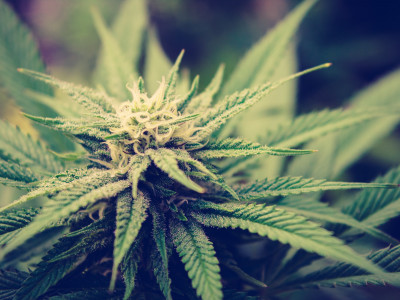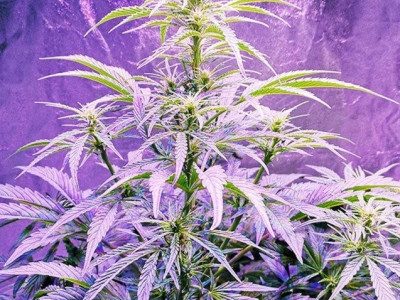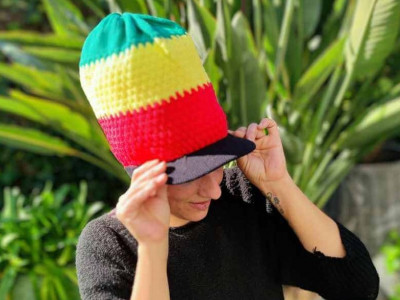0.00 грн.
CheckoutWho are Rastafarians?
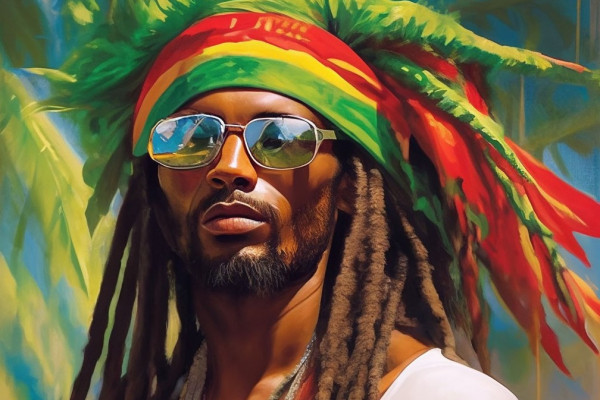
Rastafarians are more than just a subculture. It is a lifestyle, philosophy, music, and even a way of thinking. Many people associate them exclusively with bright clothes, dreadlocks, and a love of reggae, but there is a much deeper ideology behind it. The movement's origins are linked to religion and a worldview that has spread far beyond its historical homeland of Jamaica. Let's find out who Rastafarians are, what they believe in, and why their influence goes beyond just music or style.
The roots of the ideology
The Rastafarian movement emerged in the early twentieth century in Jamaica. The name comes from the name of the Ethiopian emperor Haile Selassie I, who in the past held the title of Rastafari. For Rastafarians, he is the Messiah, symbolizing liberation from oppression and the restoration of justice. The main idea of Rastafari is spiritual freedom, equality, and unity with nature. It is not just a religion, but a way of experiencing the world based on the ideals of love, peace, and harmony.
Rasta culture began to take shape in the context of colonial injustice. For many Jamaicans, it has become a symbol of the struggle for freedom, cultural identity, and a return to their roots. Thanks to music, in particular reggae, Rastafari ideas have spread around the world, finding a response in the hearts of millions.
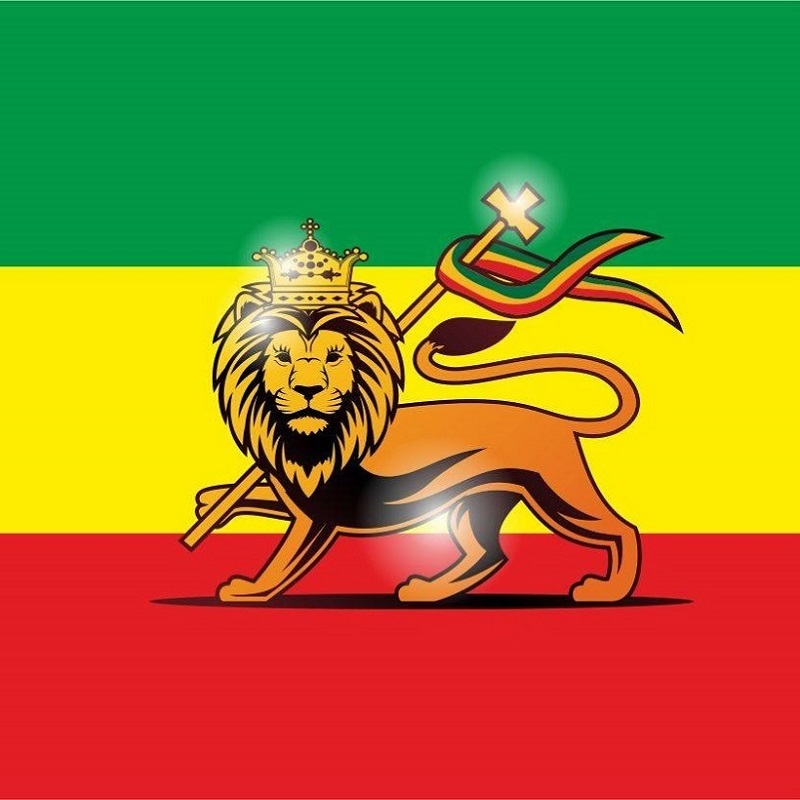
Basic principles of Rastafarianism
Rastafarians believe in a life based on spiritual values. They strive for harmony with nature, promote the rejection of materialism, and call for a simple life. Here are some key aspects that define this movement:
1. Love and peace. For Rastafarians, world harmony is the main ideal. They oppose war, violence and any kind of discrimination.
2. Naturalness. Everything a Rastafarian does should be as environmentally friendly and natural as possible. This applies not only to lifestyle, but also to food, music, and even clothing.
3. Unity with the roots. Rastafarianism reminds us of the importance of preserving cultural heritage and respect for our ancestors.
These principles are not just words. They are reflected in the everyday life of Rastafarians, forming their unique style and identity.
Music as the voice of Rasta culture
It is impossible to talk about Rastafarianism without mentioning reggae music. This genre has become the main way to popularize the ideas of Rasta culture. Thanks to legends like Bob Marley, the movement has gained worldwide recognition. The songs convey not only spiritual messages, but also social problems that people face.
Reggae is not just music, it is the soul of Rasta culture. It calls for love, freedom, justice and spiritual awakening. For many people, it is through music that the doors to the Rastafari world open, where they find values close to them.
Rasta clothing and lifestyle
Rastafarians' style is another way of expressing their philosophy. Bright colors - red, green, yellow, and black - have a symbolic meaning. They are associated with Africa, the struggle for freedom and spiritual awakening. Rasta clothes are usually simple and natural, made of fabrics that do not harm the environment.
Dreadlocks are one of the main symbols of Rastas. They reflect a connection with nature and spirituality. For many, this is not just a hairstyle, but a sacred amulet that reminds them of harmony with the world around them.
Nutrition is also an important aspect of Rastafarian life. Many follow a diet based on natural products without chemical processing. This is another manifestation of unity with nature and care for one's body.
The influence of Rastafarianism on the modern world
Although Rasta culture originated in Jamaica, its ideas resonate with people all over the world. For many, it is not just a religion or a style, but a way of self-expression. Rastafarian philosophy inspires people to rethink their lives, appreciate nature, and care about peace and harmony.
Rastafarians show that it is not only how you look that matters, but also what you bring to this world. Their love of music, respect for nature, and desire for justice leave a mark on culture, art, and society.
It is also worth noting that Rastafarians are associated with cannabis because of their affiliation with Rastafarianism. In a religious context, cannabis is a sacred plant for Rastafarians, a symbol of wisdom, spiritual purification, and unity with God (whom they call Jah).
Cannabis plants are also mentioned in many reggae songs and cultural works related to Rasta culture. For example, Bob Marley, a key figure in the movement, openly professed Rastafarianism and promoted it through his music.
Although this topic is often perceived one-sidedly due to stereotypes, it is important to understand that for Rastafarians, cannabis is a spiritual tool, not a means of escaping reality.
Rastafarians are more than a style or a subculture. It is a movement that inspires millions of people around the world to live a harmonious and conscious life. From their philosophy of love and freedom to their vibrant style and soulful music, Rastafarianism is an important part of modern culture.
Whether you're passionate about reggae or just looking for a way to better understand the movement, Rastafarians will always be a reminder of the power of spirituality, harmony, and love for the world.
